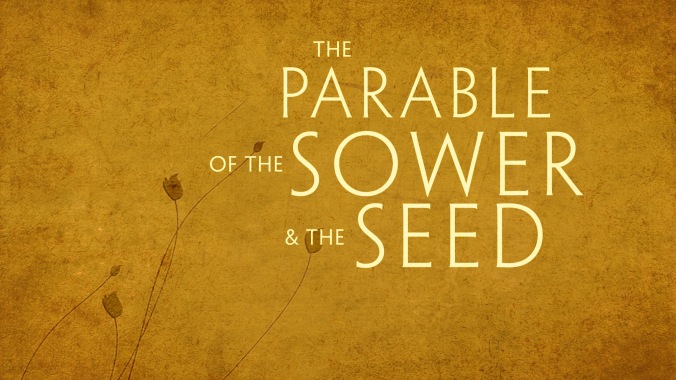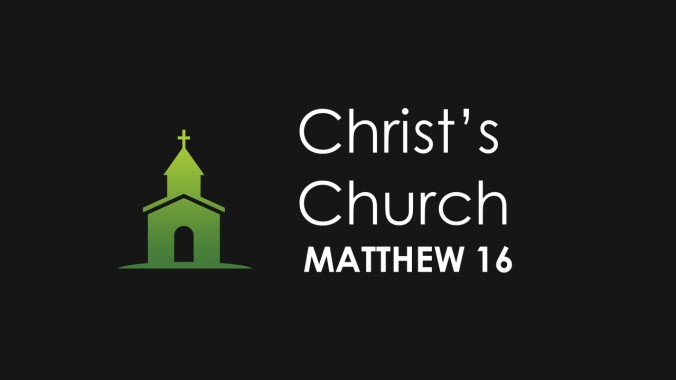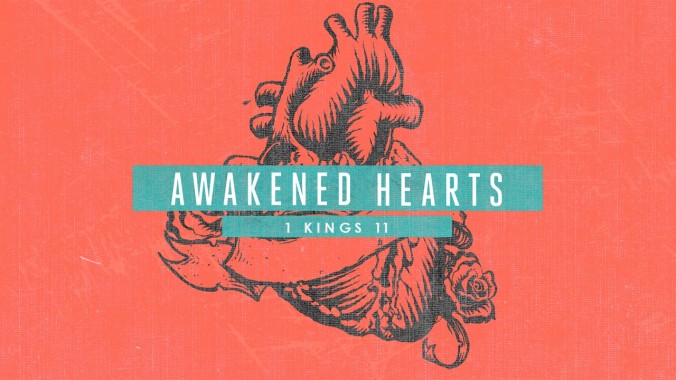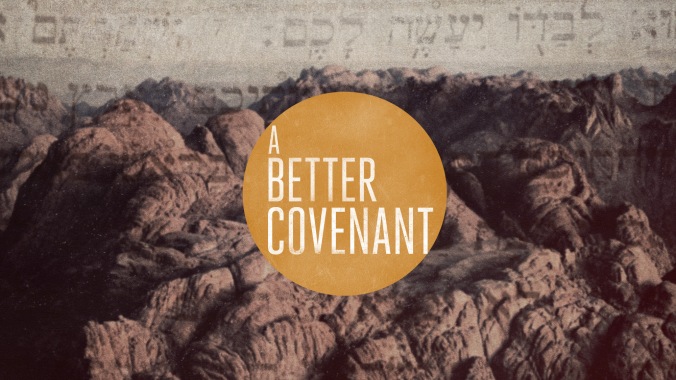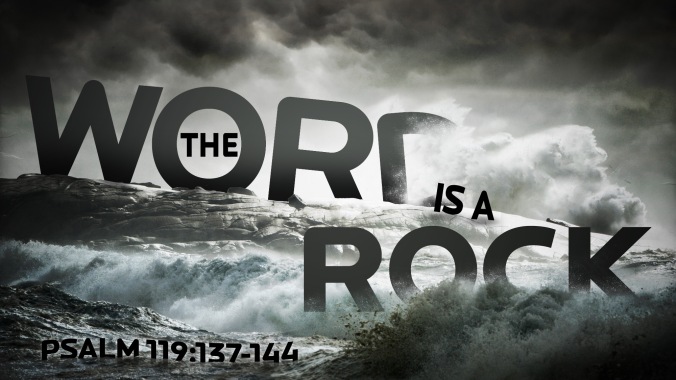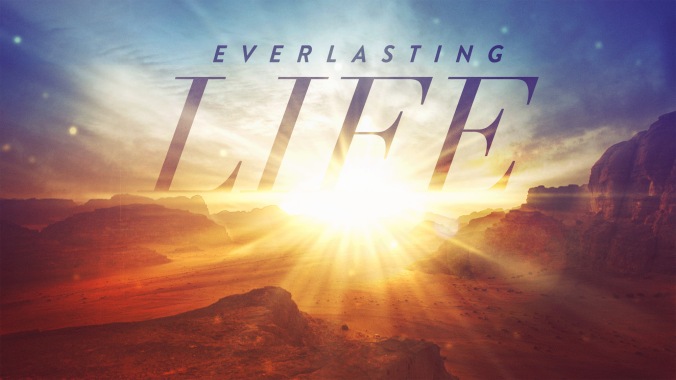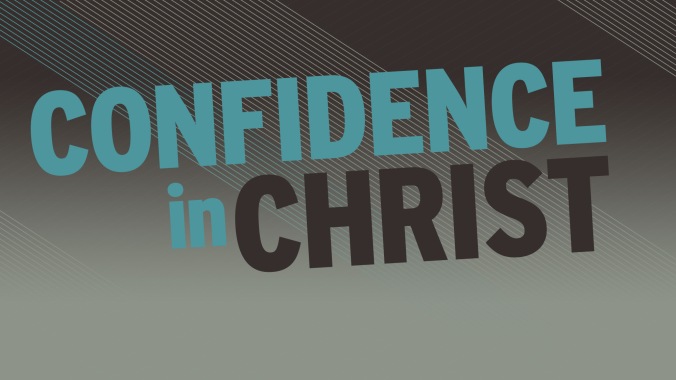
You know that pendulum effect in life, where we, in reaction to something damaging, swing to the opposite extreme, which, ideally, we eventually realize is also damaging?
One theology-related area in which this is very common, is the topic of judgment. Some, after collapsing under the very real burden of constant doubt and anxiety because of condemnation-based teaching, will rightfully begin to see the biblical confidence, grace, and assurance missing from their faith, and consequently swing away from what has hurt them. In my own life, it’s that initial bitterness and pain that pushes the pendulum a little farther than intended and it’s often our own hearts, weaknesses, wounds, and pride that may, for awhile, act as an obstacle in the way of really settling on what is true. Thankfully, there is grace for that sometimes lengthy process as long as we are open to self-examination, drawing near to God, and aiming for truth.
I don’t know about you, but I’ve often found that truth is somewhere in the middle with most things. And so we finally come to our scripture for today: Hebrews 10:26-39.
There are those out there who teach what seems to be blanket-assurance which simply doesn’t mesh with the message of the gospel, with the teachings and life of Christ. But neither is salvation an in-and-out kind of thing, where every single time you do or think something wrong you’re in danger of hellfire. So, where is that balance?
We have to look out for two very important things: our hearts, and our paths.
Our Hearts
“For if we go on sinning deliberately after receiving the knowledge of the truth, there no longer remains a sacrifice for sins.”
I like N.T. Wright’s comment:
“On that day, as unanimous early tradition insists, those who wilfully stand out against his rule, live a life which scorns the standards which emerge in creation itself and in God’s good intention for it, and spurn all attempts at reformation or renewal, will face a punishment of destruction. The images of fire and vengeance—they are only images, but that doesn’t mean the reality is any the less fearful—are as frequent in the New Testament, if not more so, as they are in the Old. If there is no place in God’s world of justice and mercy for someone who has systematically ordered their life so as to become an embodiment of injustice and malice, then there must come a point where—unless God is going to declare that human choices were just a game and didn’t matter after all—God endorses the choices that his human creatures have made.”
When we talk about faith and sin, it’s essential to refer back to the big picture before we get tied up in technicalities and moralism. What is the end goal? What is the gospel? What is Christ’s purpose?
The gospel is that we are all slaves to sin, that God has loved us from the beginning and has gone to unfathomable, continual lengths to redeem his people.The gospel is that he is preparing a place, the ideal place that we all desperately desire to experience today: a world to live in, in which there is true peace, no suffering, no war, no injustice, no sin. And when you really look at it, sin is everything that damages and hurts us; it’s not ‘all the fun stuff God won’t let us do because he’s so uptight’, instead it’s what is at the heart of everything we hate about life on earth. The gospel is that God created us for worship, that God created us in such a way that when we are centered on him and delight on him, everything runs beautifully, yet the gospel is that we can accomplish nothing without God, so he sent his son to do what we could not, both through living a sinless life, and through defeating sin, defeating death so that we might share in that victory. The gospel is about the King and his kingdom. The gospel is truly the good news about God and his work for us.
So, when we think in those terms, someone who rejects that, who loves the small, corrupted pleasures of sin, cannot have a part in the new heavens and new earth. It’s impossible. Not only because they don’t love God, and that is a place in which God will dwell with his people, but also because their hearts completely reject the foundation of that new life. They love this world and therefore cannot peacefully dwell in the next, which is free from corruption.
The more we meditate on truths like this, the more we will learn to actually hate sin. The more we will actually seek God rather than basing our moralism on a fear of punishment.
So, where is our heart? Are we sinning with no intention or desire to stop? Are we always looking for loopholes or technicalities as justification? Do we know what repentance is and is our life centered around it? Or is our heart wrapped up in that which outrages the Spirit of grace?
Our Paths
Our paths tie in so closely with our hearts, probably because our hearts determine our paths.
An analogy I’ve appreciated concerning the difference between the inevitable sin we all experience versus deliberate, willful sin is this: It’s like setting out on a trip to Barnes & Noble (okay, I added that part myself). We might make some wrong turns, or we might go off the road or get in an accident. Many things could affect our trip to the bookstore and we might find ourselves re-routing multiple times. Traffic could be jammed, we might have to stop behind a bus, whatever. But there’s a difference between those obstacles and deciding to just turn around and go home or somewhere else entirely. One path, one goal, stays the same, the other path leads to a different destination.
Similarly, our theology is flawed if we’re wrecking our souls with anxiety every time we fall short of perfection. Many a great theologian has shared the insight of the closer you draw to God, the more you realize how intricately sin is wrapped up in your heart. For someone who depends on their own perfection and works for salvation, that kind of realization can be paralyzing. How can you simultaneously have a crippled faith and a confident one, which is another repeated theme of Hebrews?
It’s been noted that Hebrews was written to Christians who were facing persecution. These warnings very much apply to the temptation of throwing off Christ in the face of physical danger. “Therefore do not throw away your confidence, which has a great reward. For you have need of endurance, so that when you have done the will of God you may receive what is promised. ‘For, Yet a little while, and the coming one will come and will not delay; but my righteous one shall live by faith, and if he shrinks back, my soul has no pleasure in him.’ But we are not of those who shrink back and are destroyed, but of those who have faith and preserve their souls.”
So, it’s clear that this is one very noticeable path we must avoid, which for Christians in America right now, shouldn’t be too much of an issue.
However, Christians in America are in danger of those subtle paths that distract us from our goal. If we become slack in our purpose, if we don’t keep our eyes on our goal and on our Father, we may very honestly forget where we’re going. It sounds silly, but how true are those lyrics: “Christian, remember who you are today…”?
Without purpose, we functionally forget, we default to living for ourselves. And without discipline, we become calloused; it becomes harder to act against our desires. And if we continue on that path, we’ll find it isn’t the path of faith, and it doesn’t lead to the Father. We have to be careful to determine where we are, if we’ve gotten lost.
How is our journey described in the New Testament? As a race. A danger of taking assurance beyond it’s meaning, is developing a sluggish, or rather, leisurely attitude about life. So, if our faith is crippled by doubt, we need to check our theology and go back to the scriptures and to prayer. Likewise, if our faith is muted by flippancy, we need to check our theology and go back to the scriptures and to prayer.
The beauty of the gospel, remember, is that we can be free from that addiction to sin. That we actually can be transformed by God’s power into the person we never could be on our own. That’s both motivating and comforting: we have much work and training to do here, yet the fulfillment of that perfection and transformation will be revealed only when Christ comes again.
So, is there judgment? Yes. Can we have assurance? Yes. Salvation itself depends upon the grace of God, and if you’ve experienced that grace, you know the power it has to transform you and enable you to overcome sin. For the child of God whose heart is upon Christ and whose path is to the Father, there is abundant mercy and grace for all the many obstacles and sins along the way. Yet, for those who taste the gospel yet turn away from or deny it, even for those who claim Christ’s name yet do not love righteousness and are flippant about sin, flippant about the power and purpose of grace: there is judgment.
“…let us also lay aside every weight, and sin which clings so closely, and let us run with endurance the race that is set before us, looking to Jesus, the founder and perfecter of our faith, who for the joy that was set before him endured the cross, despising the shame, and is seated at the right hand of the throne of God.” – Hebrews 12:1,2
